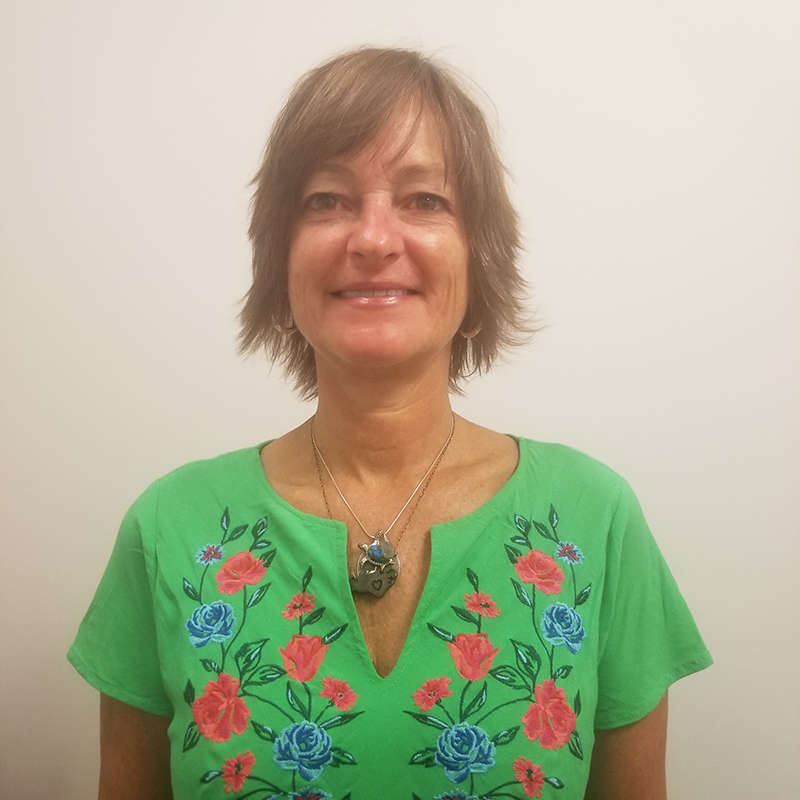
Patricia Patrick
Associate Professor
Teacher Education, Leadership & Counseling, Department of
Education and Certifications
- University of North Carolina at Greensboro, Ph.D. Curriculum & Instruction, 2006
- Greensboro, NC
- Emphasis in Environmental Science Education
- Dissertation: Mental models high school students hold of zoos
- University of North Carolina at Greensboro, M.Ed.Curriculum & Instruction, 1999
- Greensboro, NC
- Biology Science Education
- University of North Carolina at Wilmington, B.S. Biology, 1991
- Wilmington, NC
Biography
Patricia G. Patrick received her M.Ed. and Ph.D. from the University of North Carolina Greensboro. She is Assistant Professor in Cultural Foundations and Leadership at Columbus State University and Associate Fellow in the Department of Sociology at the University of Warwick. She is developing a Masters of Education in Informal Science Education. She has published numerous articles related to informal science learning, with a focus on sociocultural theory. Her work focuses on the importance of social interactions and the importance of those interactions within families. She published the book Zoo Talk. She has been a guest speaker at the Chester Zoo (England), University College London Institute of Education (England), Sao Paulo Zoo (Brazil), San Diego Zoo,Tennessee Aquarium (Chattanooga), University of Bengkulu (Bengkulu, Indonesia), and University of Malaysia Sabah (Borneo, Malaysia) where she discussed questioning skills and preparing science communicators. She was a visiting researcher at the Museum fur Naturkunde in Berlin, Germany as a researcher on the development of a new Heinz Sielmann exhibit. Her research interests are in informal science education, preparing informal educators, and the influence of family culture and science knowledge on science learning.
Academic Areas
- Informal Science Education
- Family Learning